ADAM ZURBRUGG
azurbrugg@mckinneyisd.net
MHS POWERLIFTING
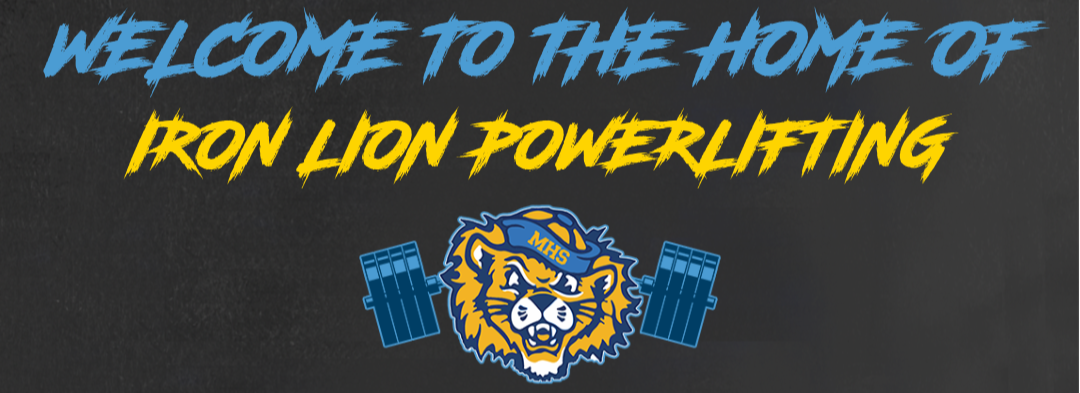
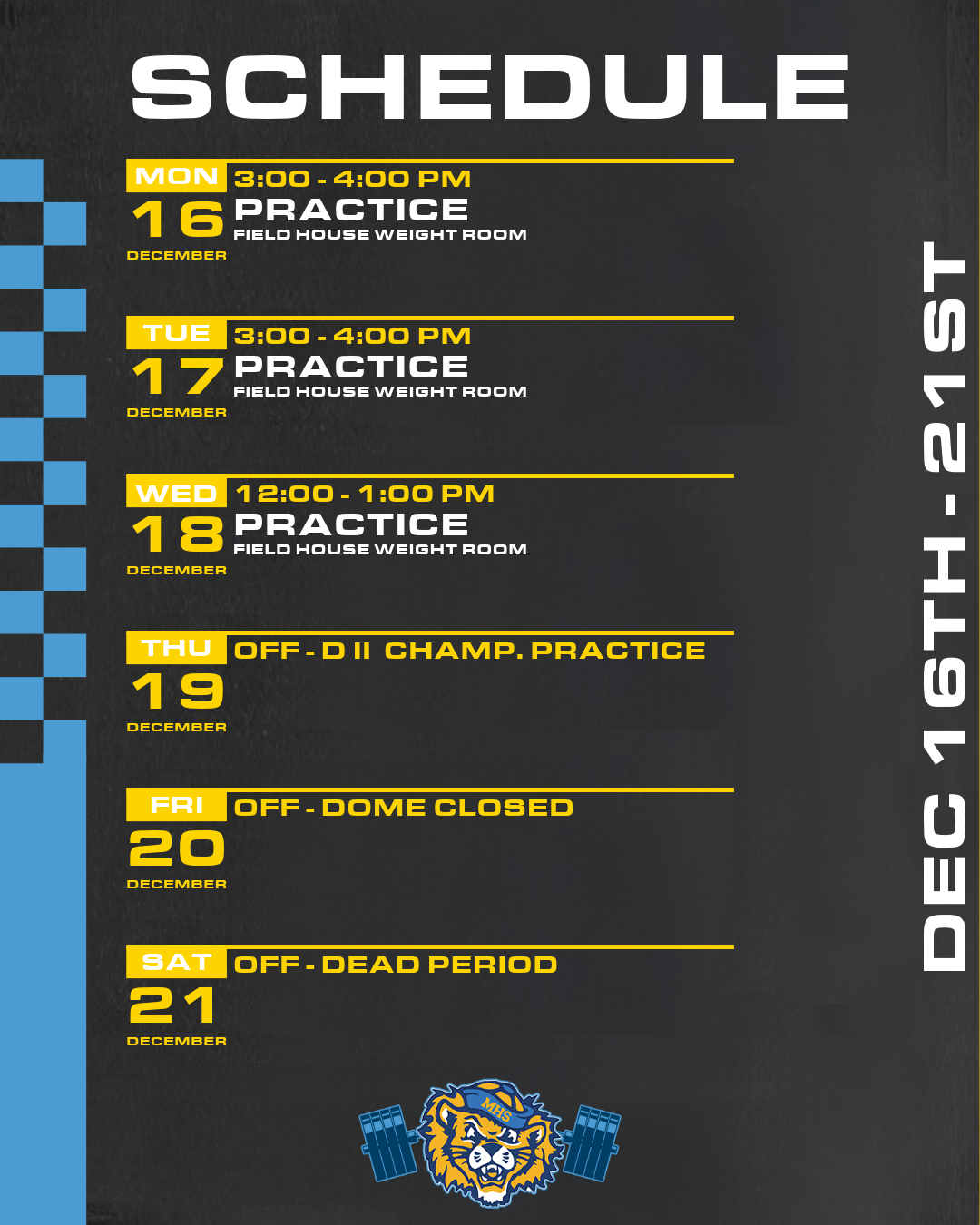
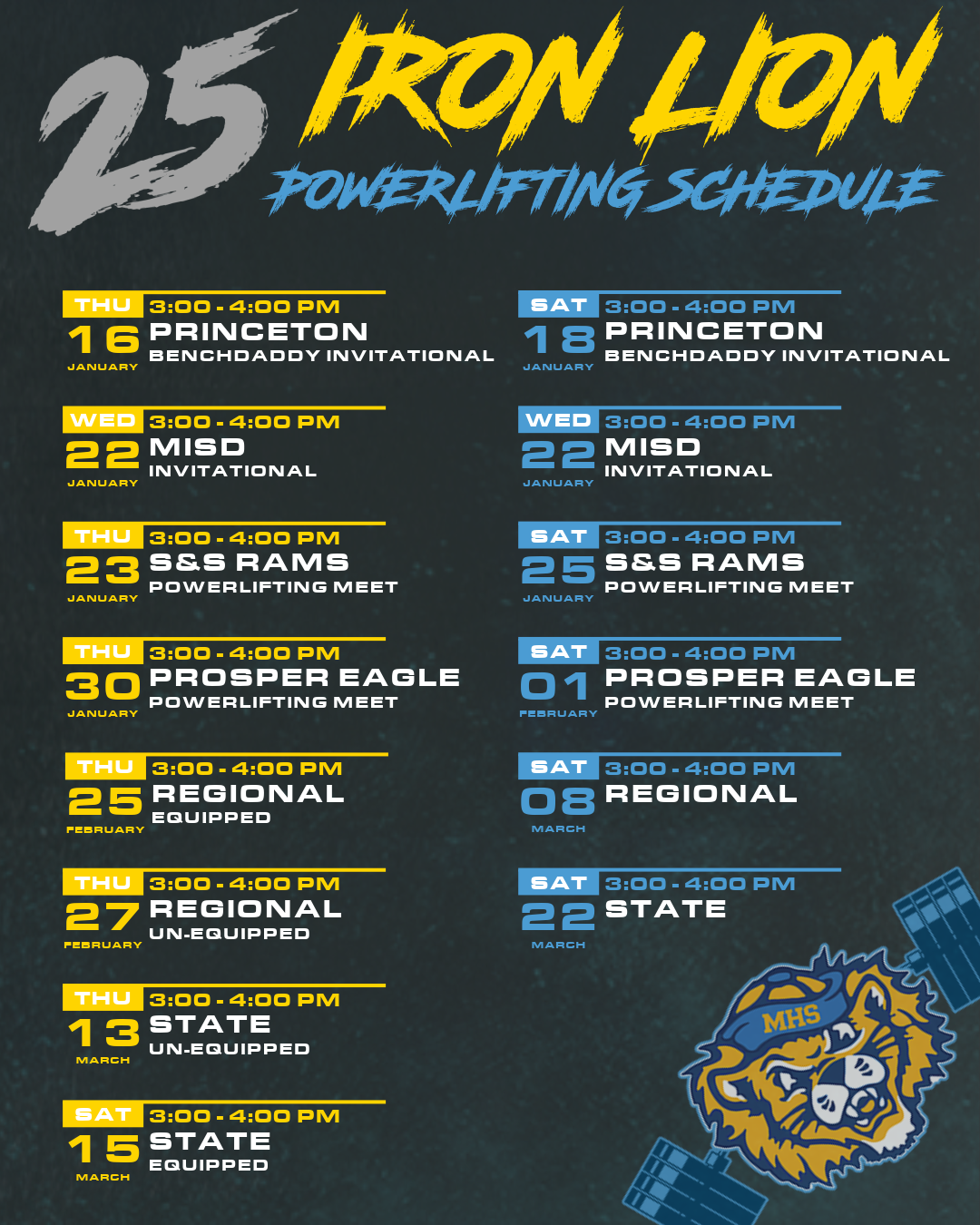

ADAM ZURBRUGG
azurbrugg@mckinneyisd.net
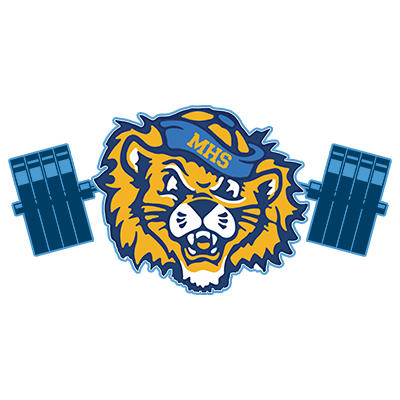
NICK OLVERA
nolvera@mckinneyisd.net
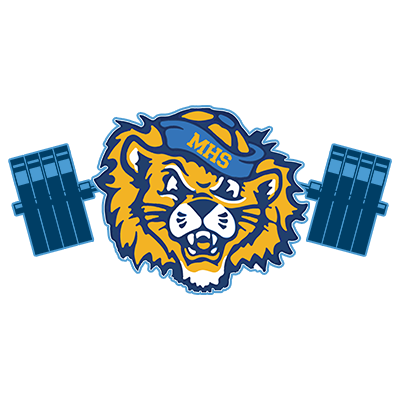
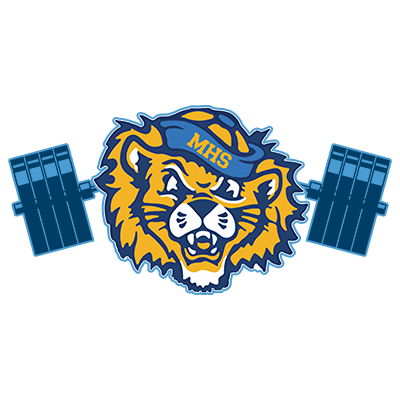










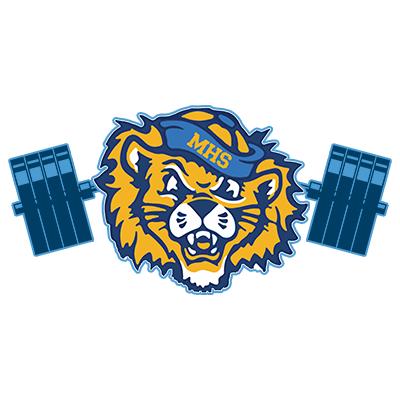











Powerlifting is a competitive strength sport centered on three main exercises: the squat, bench press, and deadlift, which are performed in that order during competitions. Each lift targets different muscle groups and tests overall strength, power, and control. Competitors attempt to lift the heaviest weight they can manage for one repetition in each lift, with three attempts allowed per lift. The heaviest successful lifts in each category are combined to determine the lifter's total score. This total is used to rank athletes within their respective weight classes, which group competitors by body weight to ensure fair comparisons.
The Lifts:
Squat: The lifter descends until their hips are below their knees (parallel or deeper) and then stands back up under control.
Bench Press: The lifter lowers the barbell to their chest, pauses briefly, and presses it upward to full arm extension.
Deadlift: The lifter pulls the barbell from the floor to a locked-out standing position with straight legs and back.
Divisions and Rules:
Powerlifting competitions are divided into categories based on:
Weight Classes: Athletes compete against others of similar body weight.
Equipment Used:
Raw (or Classic): Minimal supportive equipment, typically just a lifting belt, knee sleeves, and wrist wraps.
Equipped: Allows specialized gear, such as squat suits and bench shirts, which provide additional support and can increase the amount of weight lifted.
Lifts are judged by referees to ensure they meet strict standards. For example, the squat must reach proper depth, and the bench press must include a pause at the chest.
Training and Benefits:
Powerlifting emphasizes building maximum strength, which involves progressive overload and the use of compound movements. Training often incorporates accessory exercises to improve technique and address muscular imbalances. The sport is known for fostering discipline, perseverance, and mental toughness. It can be practiced recreationally or at a competitive level.
Competitions are governed by the Texas High School Powerlifting Association (THSPA) and Texas High School Womens Powerlifting Association (THSWPA), which set standardized rules and guidelines. Athletes compete for personal bests, records, and titles, making powerlifting a dynamic and rewarding sport for individuals of all fitness levels.